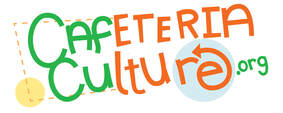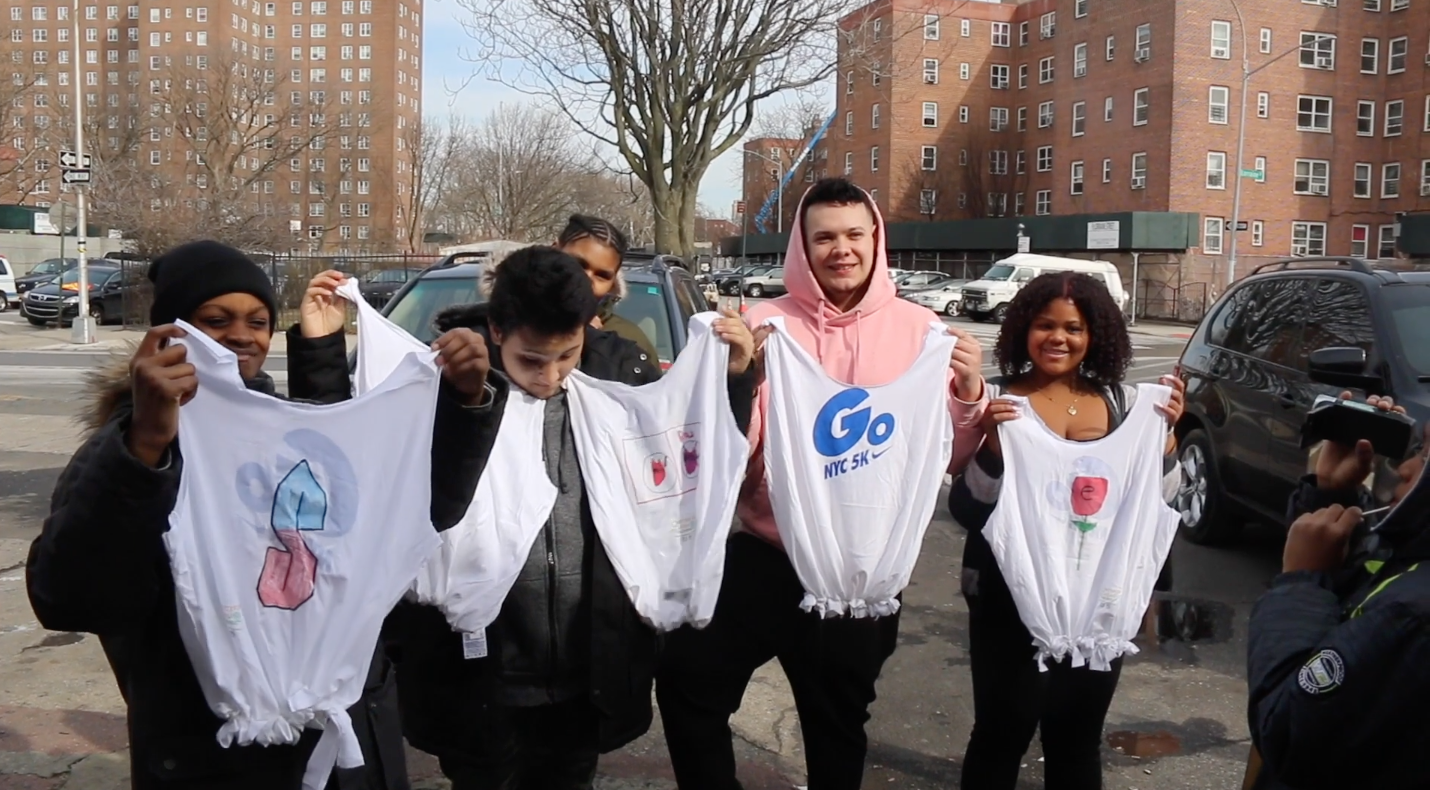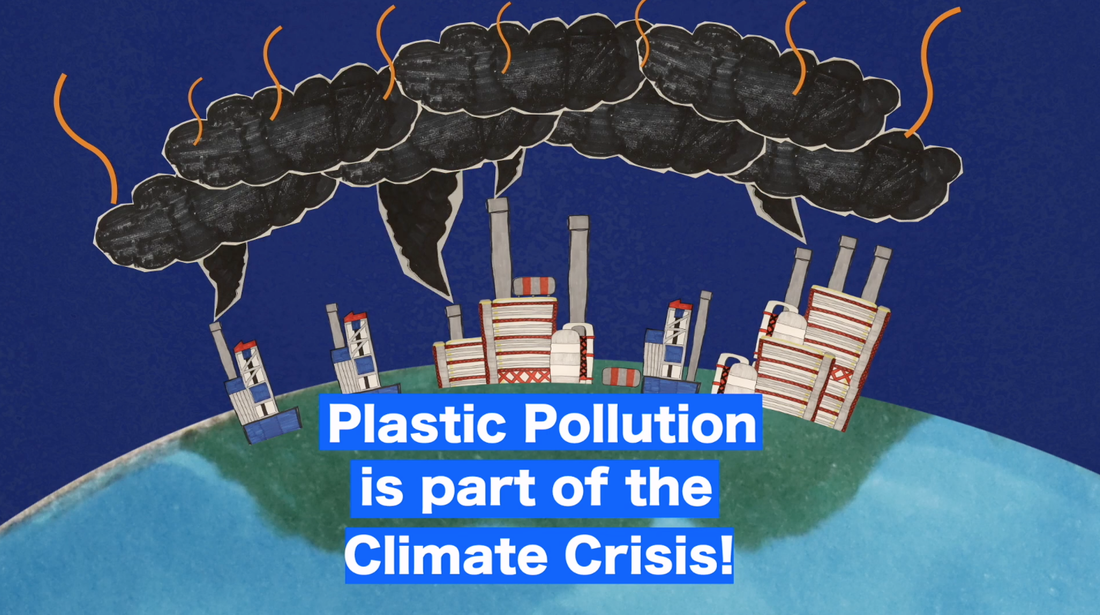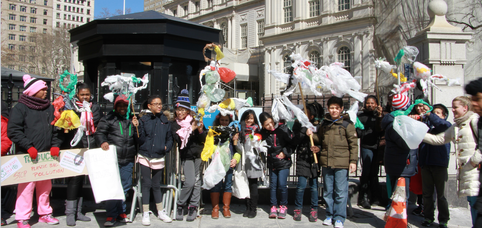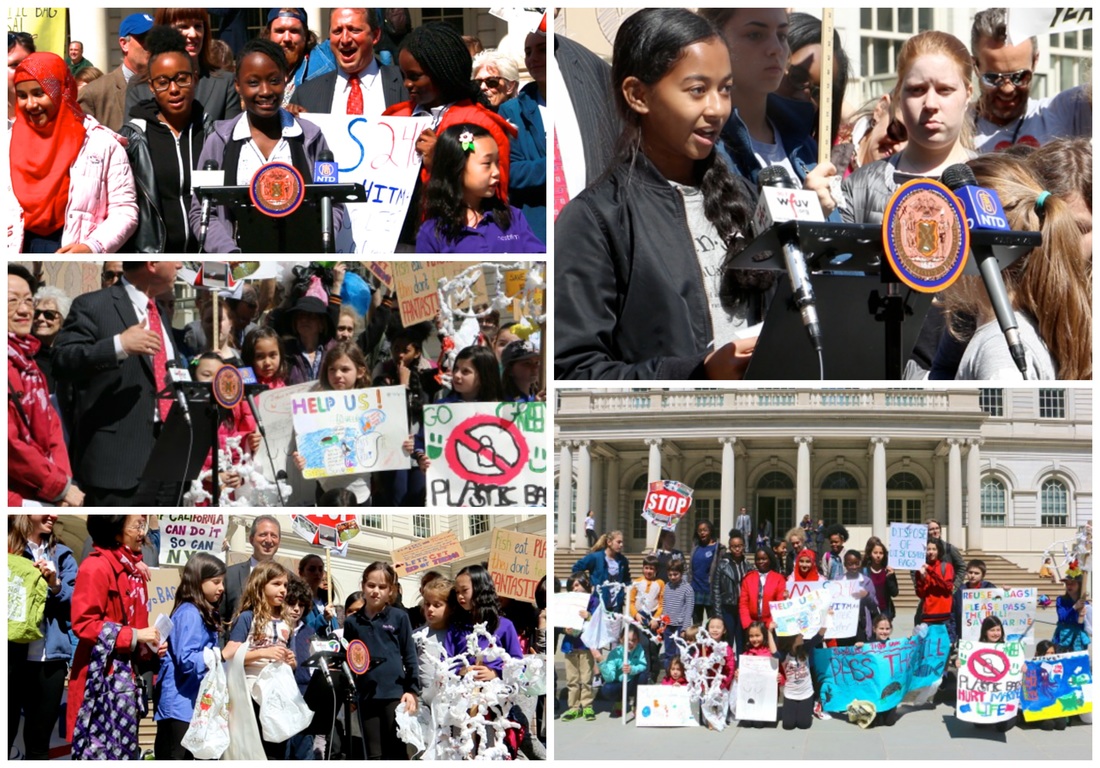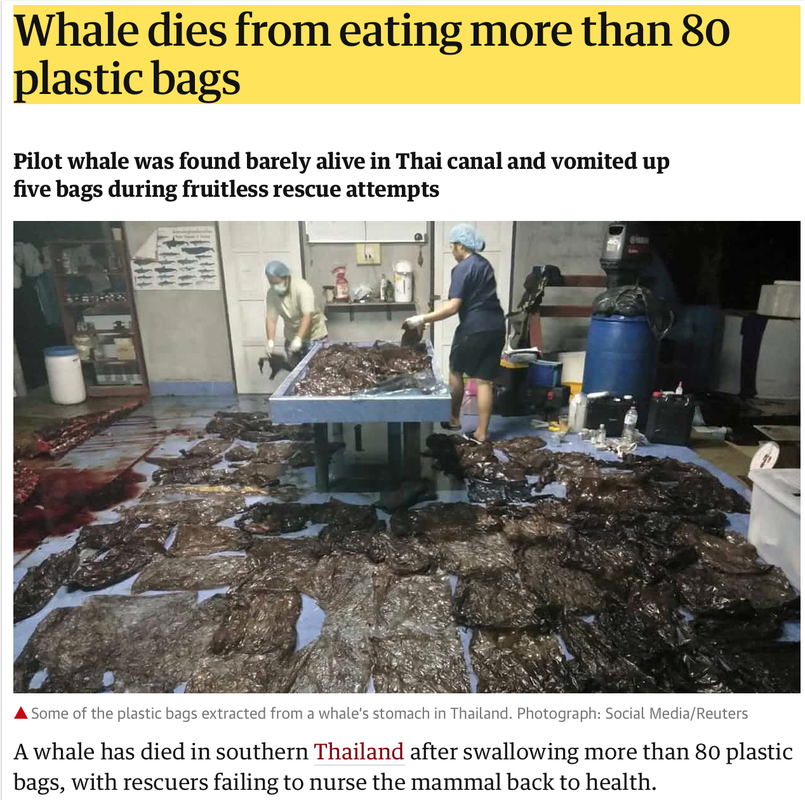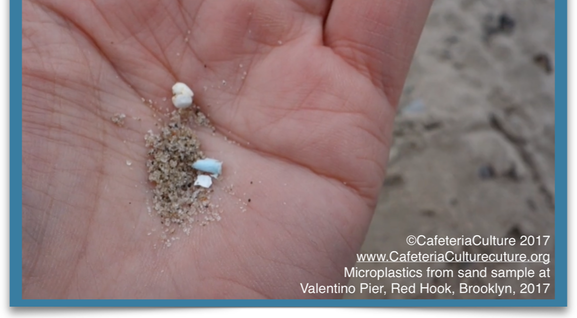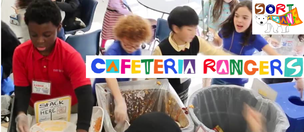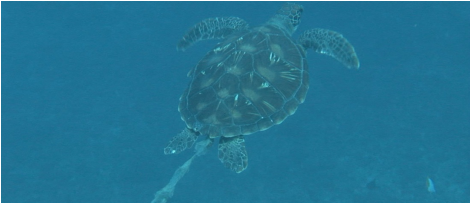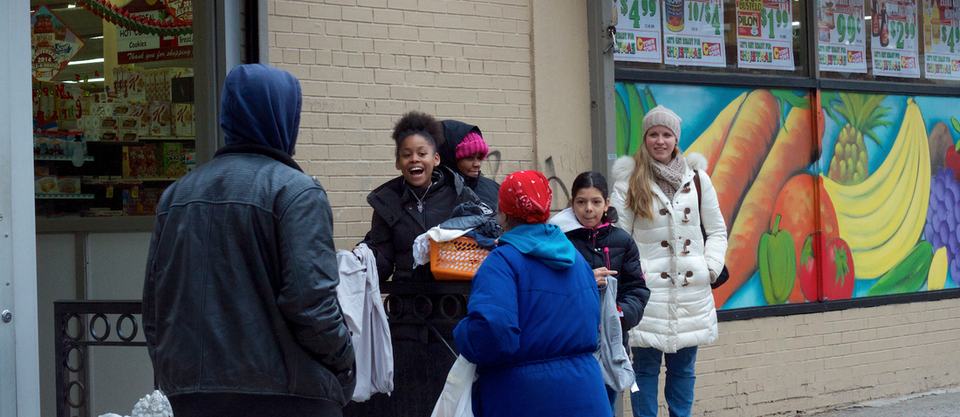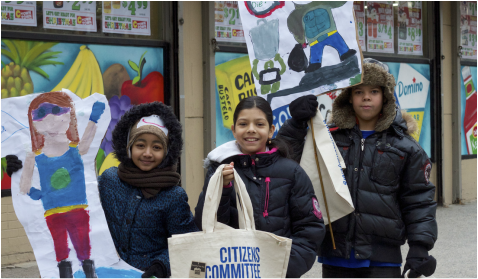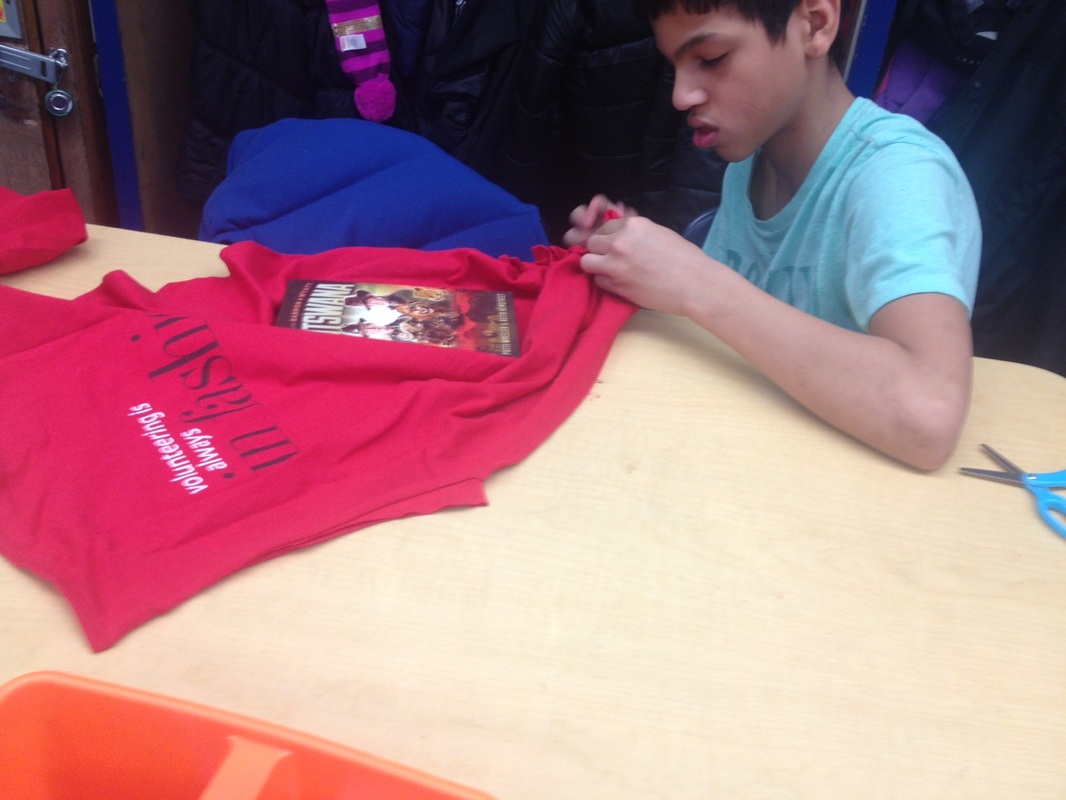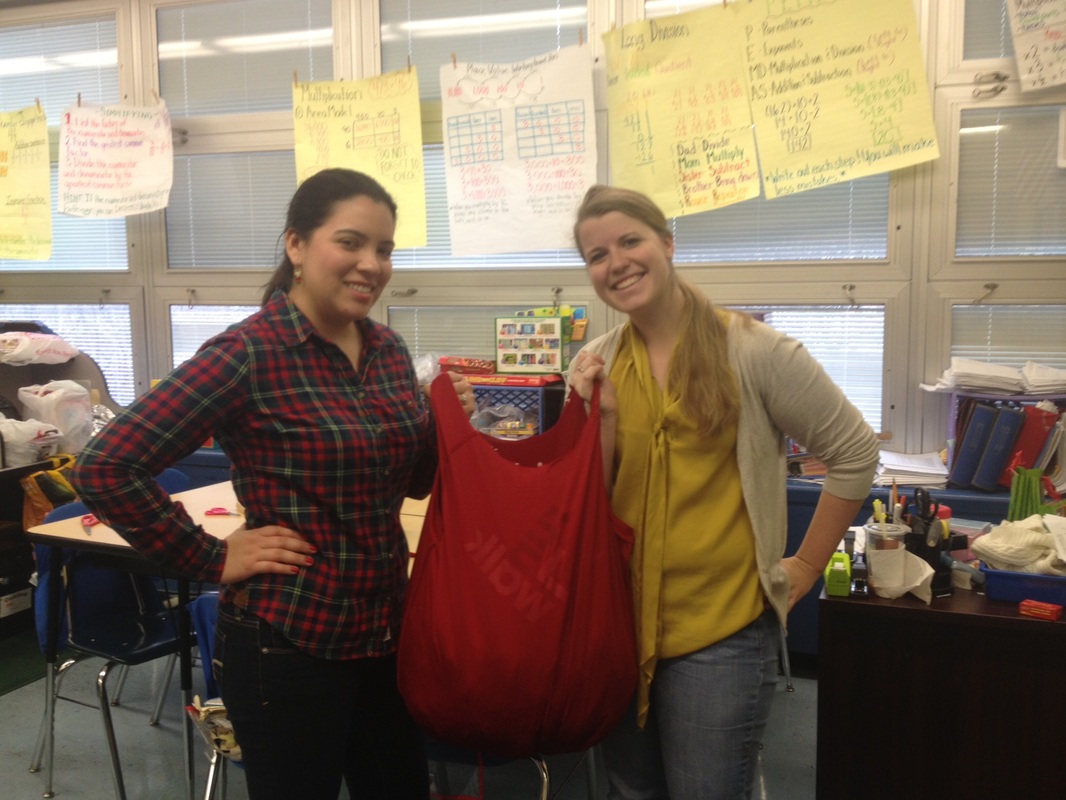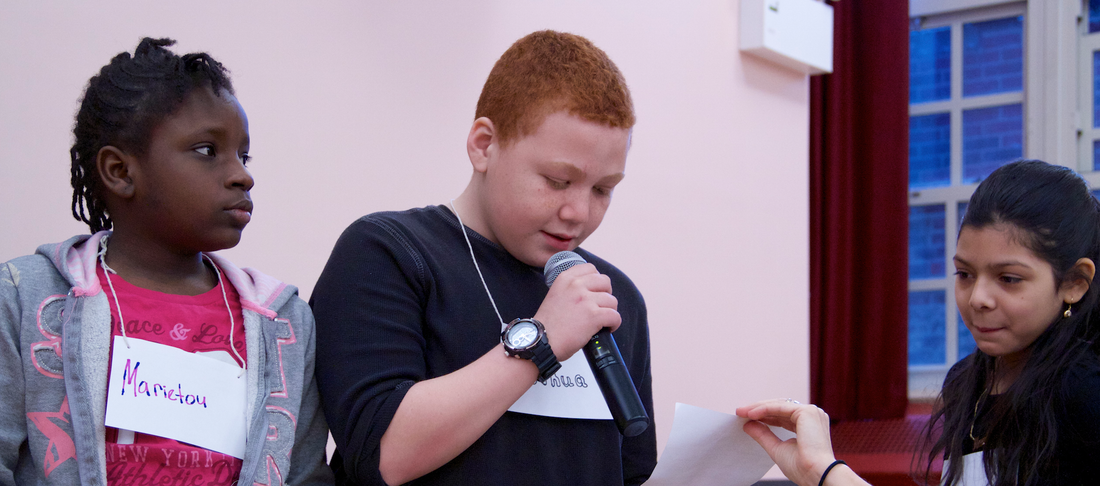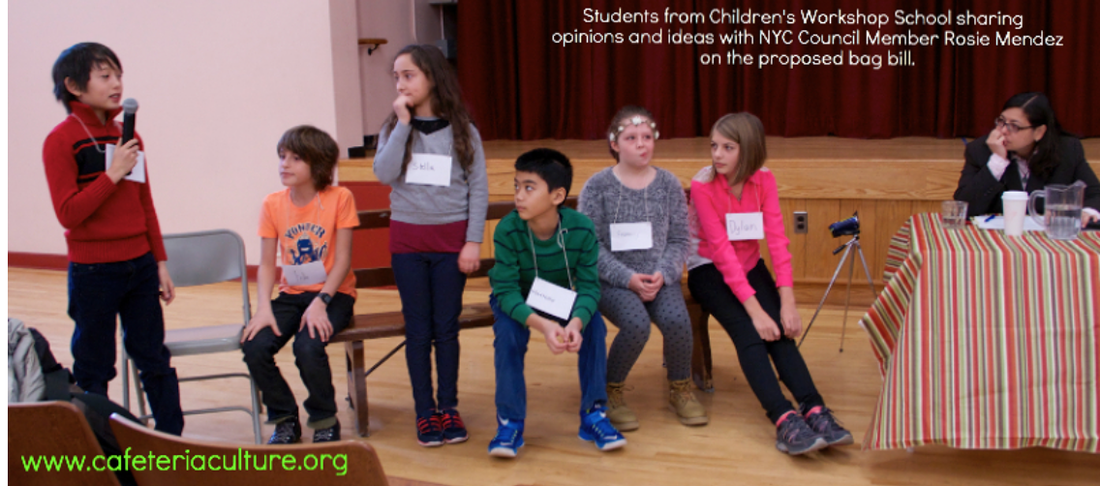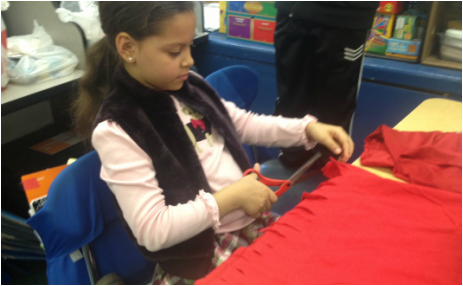NEW YORK PLASTIC BAG BAN
As of October 19, 2020
the NY State plastic bag law
with a 5-cent fee on paper bags (in NYC)
is being enforced.
Let's make sure it is enforced!
If you see NY stores handing out #singleuseplastic bags at checkout,
post on social media and tag @NYSDEC.
Details about the NY Bag Waste Reduction Law: ->
|
Make your own no-sew reusable bag (and face mask) from an old t-shirt - 5 steps in 10 minutes! Watch our short how to video -> |
100 billion plastic bags are used annually in the US and only about 2% of them are recycled. Plastic bags are polluting from the start of production to end of life. MICROPLASTIC MADNESS the movie and impact campaign |
Interested in getting a plastic bag ban passed where you live?
Scroll down ⬇︎
for youth-action inspiration!
Scroll down ⬇︎
for youth-action inspiration!
|
A HUGE shout out to all the students in Cafeteria Culture's programs (since 2014), who debated the pros and cons of a bag fee, collected plastic bag litter data, advocated for a bag bill, met with policy makers, testified at City Hall, educated neighbors, repurposed t-shirts into beautiful reusable bags, and handed out thousands of free reusable bags while educating community about the plastic pollution problem! |
THANK YOU: |
Some NY bag ban bill history:
|
NRDC Expert Blog New York City Council Adopts Environmental Fee on Paper Bags April 18, 2019 Eric A. Goldstein By a vote of 38 to 9, the Council adopted the legislation as a complement to the recently enacted New York State ban on carryout bags made of plastic. Taken together, the state ban on plastic bags and the city’s five-cent fee on paper bags represent one of the most significant waste reduction initiatives undertaken here in years. (read more ->) |
Bag Waste Reduction Law, from NY DEC: The plastic bag ban, which went into effect on March 1, 2020, was not enforced per an agreement between the parties in a lawsuit brought by Poly-Pak Industries, Inc., et al., in New York State Supreme Court. The Court issued a decision on August 20, 2020, upholding the law and most of the Part 351 regulations. DEC will begin enforcing the law and the regulations, in accordance with the Court's decision, on October 19, 2020. As of October 19, 2020, any "person required to collect tax" must not distribute any plastic carryout bags to its customers unless such bags are exempt bags as provided for in the Bag Waste Reduction Law. |
|
PS34M 5th grade change-makers from Cafeteria Culture's ARTS+ACTION program debated the NYC bag bill, made bags to give away to neighbors, and went to City Hall to share their knowledge with City Council Members.
|
National Park Service Ranger Dan Meharg - at Jamaica Bay Wildlife Refuge in NYC - explains to students how plastic bags threaten turtles and birds.
|
Bag Fees Work! WHY WE NEED A PLASTIC BAG BAN WITH A FEE Plastic bag bans without fees on paper fail to change consumer behavior, leading everyone to switch to paper bags. Paper bags have their own negative environmental impacts. Chicago and Honolulu first enacted bans without a fee, only to repeal their laws within months. 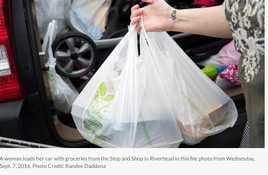
Survey shows big switch to reusable bags in Suffolk County
A 5-cent fee on plastic bags was imposed by the county on Jan. 1 of this year. NEWSDAY, April 19, 2018 By Joan Gralla @JoanGralla Cities and countries around the world have already enacted successful bag fee laws.
|

Watch LITTER MONSTERS, with youth-made stop motion animation!
Learn how plastic street litter flows into our rivers and bays on rainy days to become deadly marine pollution What NYC students say about the #BYObag law:
10 reasons why NY needs a bag fee/ban law (2019)
watch CNN's: PLASTIC ISLAND - How our throwaway culture is turning paradise into a graveyard |
PLASTICS AND HUMAN HEALTHMicroplastics are in New York City's waters and on our beaches NY/NJ Baykeepers Report, estimates 165 million particles floating in NYC waterways Is there plastic debris in our seafood?
|
|
Reasons to Support A Bag Ban in Your Community
|
Plastic bags cost the public money
Above: SIMS Municipal Recycling Plant in Brooklyn. Endless NYC plastic bag trash must separated from recyclables, which are then sent to landfills, adding cost and greenhouse gas emissions to the recycling process.
|
PLASTIC BAGS are made from fossil fuels. POLLUTING PLASTIC BAGS ARE EVERYWHERE. PLASTIC BAGS cling to our trees, fill up our gutters, clog our sewers, make our parks ugly, and end up in oceans, our marine wildlife and in our seafood dinner! POLLUTING PLASTIC BAGS HAVE NO BORDERS. We now have a staggering 270 million metric tons of PLASTIC MARINE POLLUTION, degrading into tiny microplastics in our waterways and contaminating our food chain. Plastic bags are eaten by marine animals, blocking their intestines and starving them to death. Studies show that tiny toxic microplastics are entering fish tissues. EVEN THE PLASTIC BAGS YOU "THROW AWAY" ARE A PROBLEM!
When we throw "away" plastic, it is either burned in an incinerator or exported in carbon spewing trucks to out-of-state landfills - in somebody else's backyard - to stay forever. |
TEACHING STUDENTS to be ADVOCATES
ARTS+MEDIA for Climate Action
|
BAG BILL LESSONS!
|
Pictured above, a master reusable bag maker and PS 34's 5th grade teachers testing out the bags!
- Bag Give-away! Students went out into the neighborhood to promote positive "green" behavior.
- Cafeteria Culture organized a Round Table discussion with NYC Council Member Rosie Mendez! 100 4th-5th graders from PS 34 M, Children's Workshop School and The Earth School.
- Persuasive Writing - The students are knowledgeable inspired, and eager to share their well informed opinions!
More Resources from plasticbaglaws.org |
Resources for banning plastic bags in your community from MassGreen.org ->
Looking for K-12 Lesson Plans on Marine Debris?
NOAA - TURNING THE TIDE ON TRASH
K-12 Lesson plans and background information on Marine Debris topics
